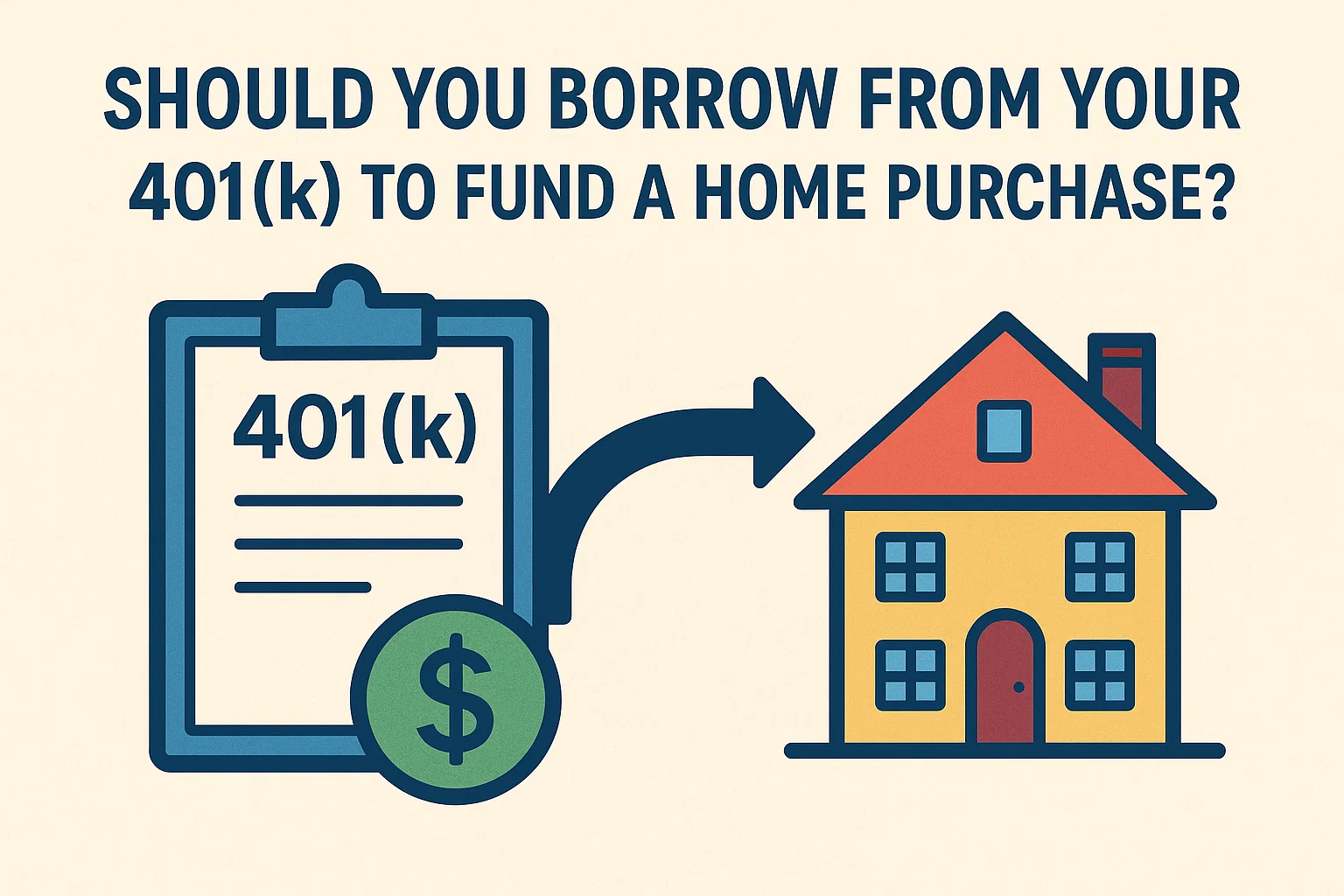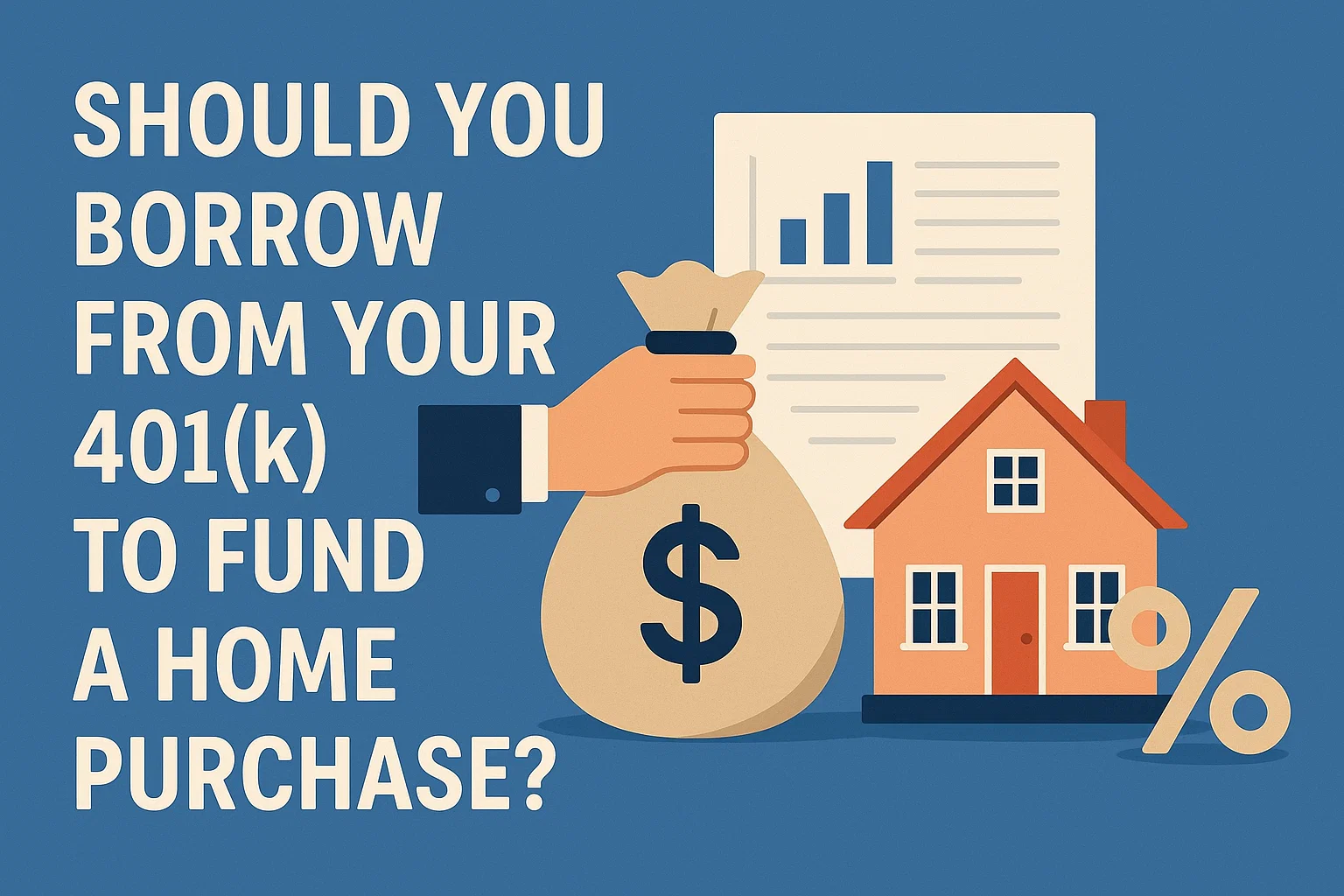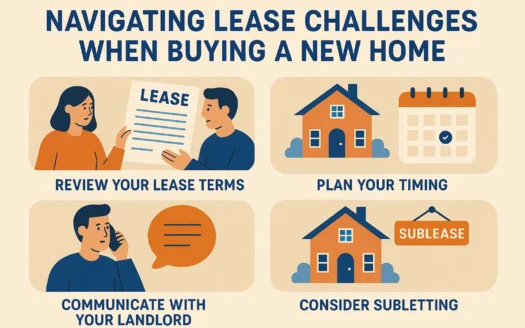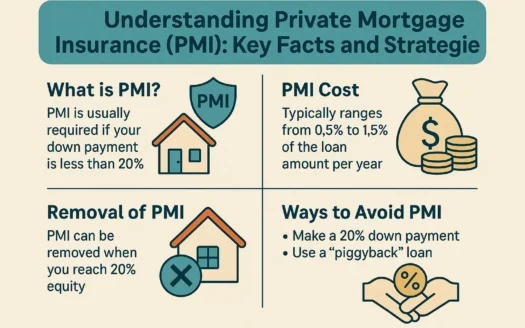Should You Borrow From Your 401(k) to Fund a Home Purchase?

Should You Borrow From Your 401(k) to Fund a Home Purchase?
Saving for a down payment can be challenging, and the growing balance in your 401(k) might seem like an appealing source of funds. However, while buying a home is a significant investment, your 401(k) is crucial for retirement security. Withdrawing funds now could undermine your long-term financial stability. Instead of a withdrawal, consider a 401(k) loan as a potential alternative.
The 401(k) Loan Option: Benefits and Drawbacks
Borrowing up to 50% of your 401(k) balance allows you to avoid taxes and penalties associated with withdrawals. Repayments, including interest, go back into your account, and the process typically bypasses bank approvals and credit checks. However, this approach has significant downsides:
“While your 401(k) provider might frame the loan as ‘interest-free,’ the reality is more complex,” explains a Certified Financial Planner. “The borrowed funds stop growing until repaid, and the interest you pay isn’t tax-deductible—unlike other loans, such as a home equity loan. This hidden cost can impact your retirement savings over time.”
Additionally, managing loan repayments alongside a new mortgage requires careful budgeting. If you’re unable to comfortably afford both, this strategy may not be sustainable.
A Safer Path to Homeownership
Financial experts often recommend avoiding 401(k) loans or withdrawals altogether. Instead, focus on:
1. Reducing Expenses: Trim discretionary spending to allocate more toward savings.
2. Increasing Income: Explore side hustles or career advancements to boost your savings rate.
3. Building a Dedicated Savings Plan: Automate contributions to a high-yield savings account specifically for your down payment goal.
Patience and disciplined saving may delay your home purchase but help preserve your retirement funds. Remember, if tapping into your 401(k) feels necessary to afford a home, it may be wiser to reassess your budget or target a more affordable property.
Final Thoughts
Your 401(k) serves a critical purpose: securing your future. Prioritize retirement savings while exploring alternative strategies to achieve homeownership without compromising long-term financial health.




